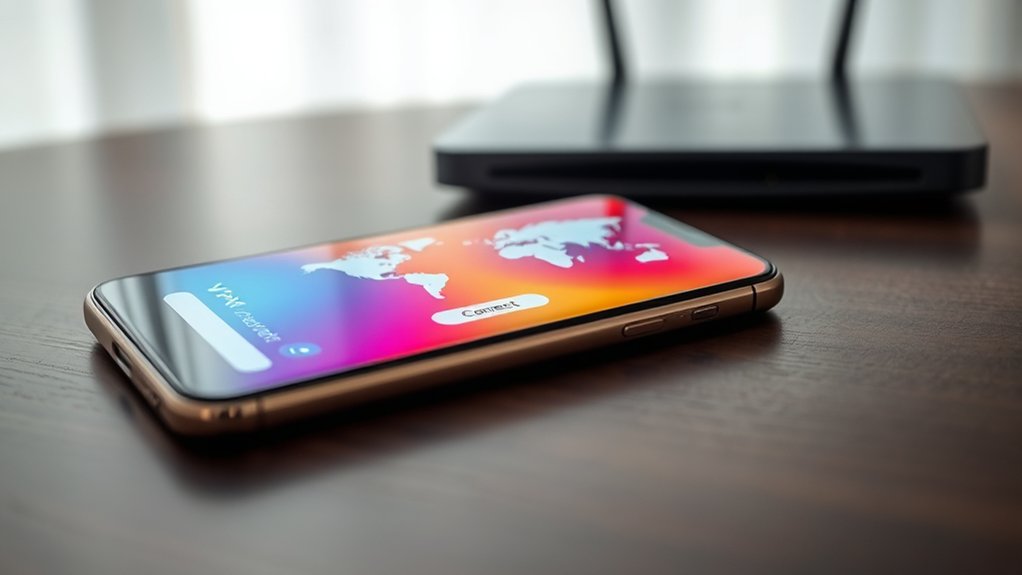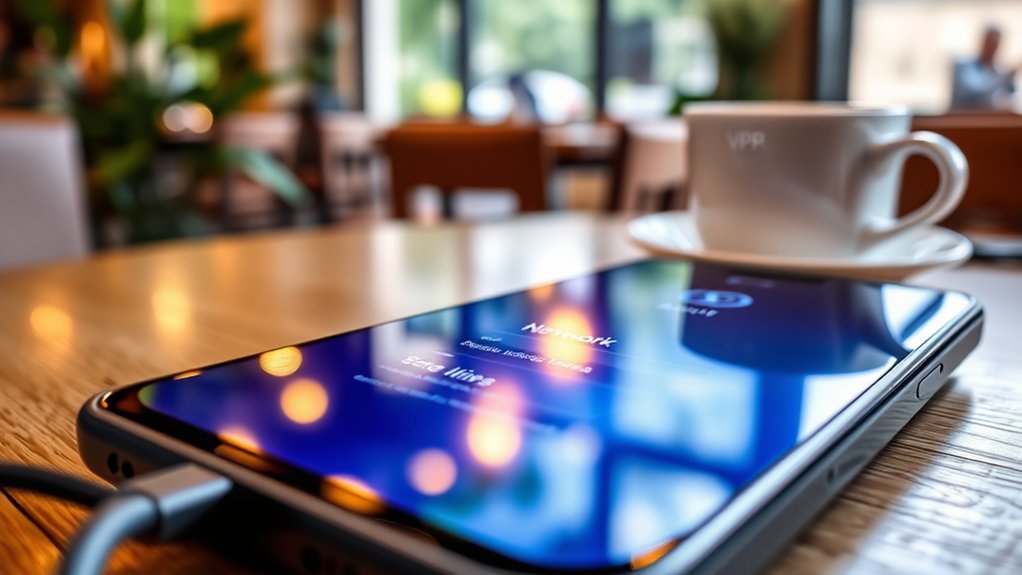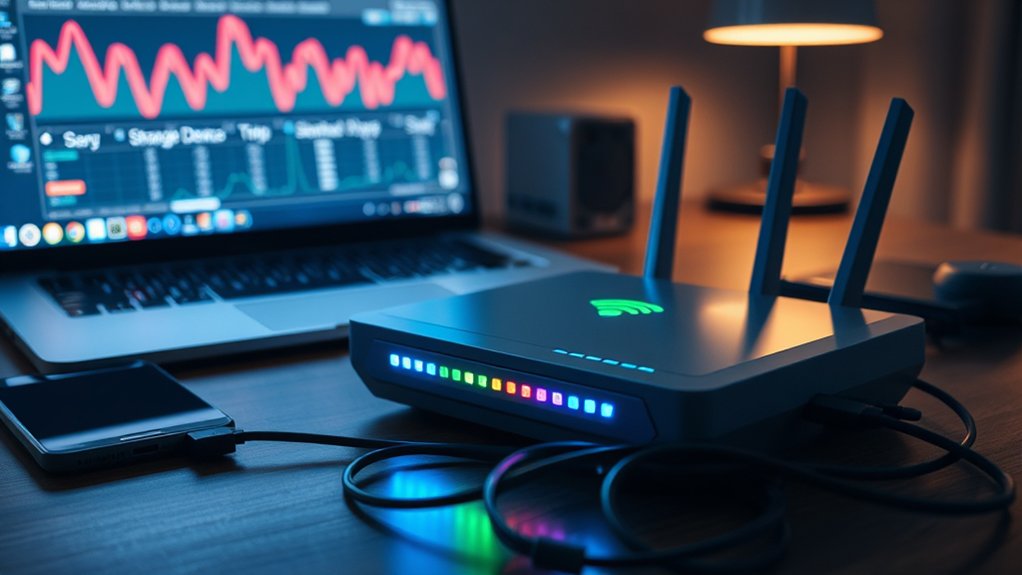Changing an IP address on a mobile phone can be effectively achieved by several methods. Users can utilize a Virtual Private Network (VPN) to mask their original IP, providing improved privacy and security. On the other hand, connecting to a different Wi-Fi network instantly changes the public IP. Manual changes can be made through device settings, though this mainly affects local IP configurations. For more detailed options, contacting the Internet Service Provider (ISP) or resetting the router can yield a new public address. Further details are available on other techniques.

Changing the IP address on a mobile phone is a process that entails various methods, each with its unique implications for privacy, security, and practicality. An Internet Protocol (IP) address serves as a numeric label crucial for the identification of a device within a network, allowing for communication and data exchange. Public IP addresses are visible on the internet, which raises privacy concerns; local or private IP addresses function only within a local network.
One common method for changing an IP address involves using a Virtual Private Network (VPN). A VPN masks the original IP address, improving user privacy by encrypting internet traffic. This approach also permits access to geo-restricted content and helps avoid Internet Service Provider (ISP) throttling. The user-friendly nature of VPNs, which requires the download and installation of a software application, contributes to their popularity. VPNs can provide an encrypted connection for enhanced privacy and security. Additionally, a VPN can also allow users to access different server locations, which can further diversify the user experience. Furthermore, using a VPN such as NordVPN can offer enhanced online security by protecting your data from unauthorized access.
Using a VPN effectively masks your IP address, enhancing privacy and enabling access to restricted content.
Alternatively, one may opt to change the IP address manually through the device’s network settings, shifting from Dynamic Host Configuration Protocol (DHCP) to a static IP configuration. This is often utilized in specific network setups, such as for server management. Nonetheless, this method only alters the local network IP and not the public IP.
Using the Tor browser presents another option for those seeking anonymity during browsing the internet. Tor employs a network of virtual tunnels to mask user IPs, providing improved security through multiple encryption layers. Still, this method often leads to slower internet speeds.
Connecting to an alternative Wi-Fi network instantly changes the public IP address according to the new network’s settings. This straightforward and cost-effective method, nevertheless, may present risks associated with public networks.
For those needing more advanced techniques, options include contacting the ISP to request a new IP address or resetting the router.
Frequently Asked Questions
Will Changing My IP Address Affect My Internet Speed?
Changing an IP address can affect internet speed, but the impact varies. Typically, manual changes do not alter speed unless they cause network conflicts.
Using VPNs, nonetheless, may slow connectivity because of encryption overhead, whereas proxies can either increase speed through cached content or introduce latency.
Experts note that ISP network quality has a more significant role in determining speed than the IP address itself.
Hence, the effect of changing IP addresses is context-dependent.
Can I Change My IP Address Without Wi-Fi?
Changing an IP address without Wi-Fi is achievable through various methods.
One can utilize mobile data by toggling airplane mode, which may assign a new IP from the cellular network.
Conversely, employing a VPN offers improved security and anonymity during the process of changing the IP address.
Nevertheless, switching networks by changing SIM cards can likewise alter the IP, though such options might involve additional hardware or service provider limitations.
Is There a Cost Associated With Changing My IP Address?
The associated cost of changing an IP address varies based on the chosen method.
Utilizing a Virtual Private Network (VPN) entails subscription fees that can be monthly or annual, whereas manual changes through network settings incur no financial charge.
On the other hand, free services like Tor offer IP modification without costs, albeit with slower speeds.
Internet Service Providers (ISPs) might impose fees for static IP addresses, further complicating the total expense associated with changing one’s IP address.
Does Changing My IP Address Affect My Device’s Security?
Changing an IP address can influence device security, primarily through methods such as VPNs and Tor, which encrypt data and improve user privacy.
According to cybersecurity experts, “Using reputable services reduces the risks of data breaches.” Nevertheless, free options may compromise safety and can expose users to malware.
Furthermore, incorrect manual adjustments could disrupt connectivity.
Consequently, understanding the implications of altered IP addresses is crucial for maintaining both security and privacy online.
Can I Change My IP Address Back to the Original?
Reverting to an original IP address is typically achievable through straightforward methods.
Disconnecting from a VPN or Tor usually restores the previous IP, as these services mask the device’s true address.
Furthermore, resetting the device or network may revert the IP assignment to its original state.
If a static IP was manually configured, switching back to dynamic settings will likewise restore the original address.
Verification can be conducted via IP-checking websites.









